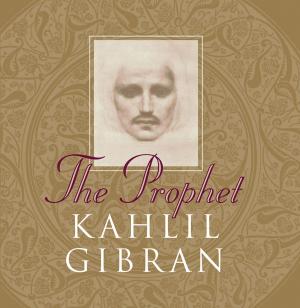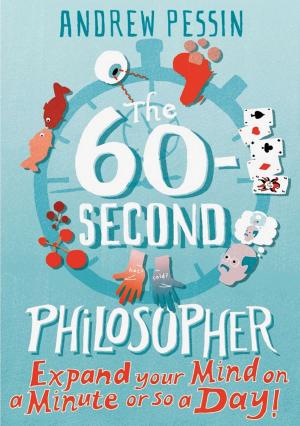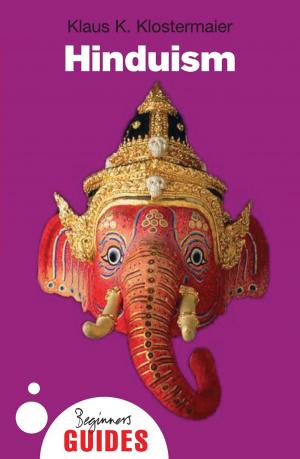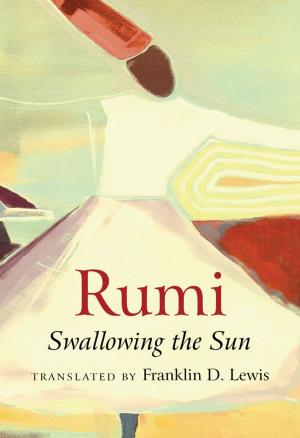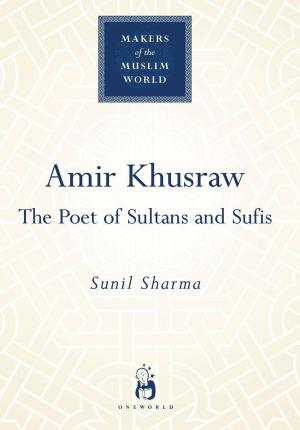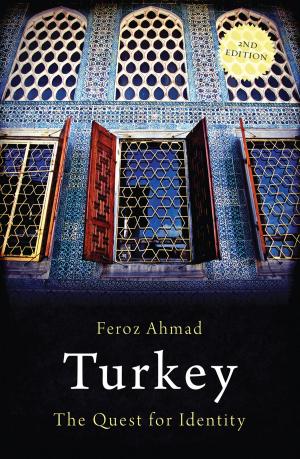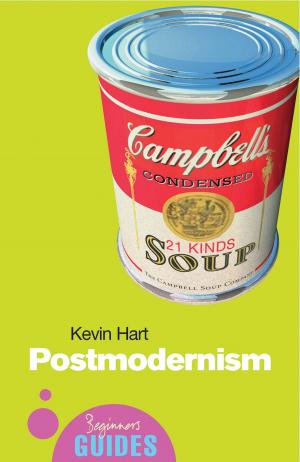Ibn Tufayl
Living the Life of Reason
Nonfiction, Religion & Spirituality, Middle East Religions, Islam| Author: | Taneli Kukkonen | ISBN: | 9781780746173 |
| Publisher: | Oneworld Publications | Publication: | November 17, 2014 |
| Imprint: | Oneworld Publications | Language: | English |
| Author: | Taneli Kukkonen |
| ISBN: | 9781780746173 |
| Publisher: | Oneworld Publications |
| Publication: | November 17, 2014 |
| Imprint: | Oneworld Publications |
| Language: | English |
Ibn Tufayl (11051185) was an Andalusian courtier, philosopher, Sufi master, and royal physician to the Almohad Caliphs. He inspired the 12th-century Andalusian revolt against Ptolemaic astronomy and through his sponsorship he was also responsible for the career of the most renowned Aristotelian of medieval times, Abu al-Walid Ibn Rushd (the Latin Averroes). In Ibn Tufayl, we see an exemplar of the kind of versatile and pious scholar early Almohad culture wanted to cultivate.
Ibn Tufayl’s own intellectual outlook is preserved for us in Hayy Ibn Yaqzan, a philosophical romance that is one of the most beloved and best read pieces in all Arabic literature. A popular and often-copied work in early modern Europe, Hayy has for many come to represent what is distinctive of high classical Arabic philosophy. Ibn Tufayl sets one of the most famous Arabic philosophical works of all time in its historical and philosophical context: it paints a vivid portrait of the world as Ibn Tufayl saw it and as he wished for it to be seen.
Ibn Tufayl’s own intellectual outlook is preserved for us in Hayy Ibn Yaqzan, a philosophical romance that is one of the most beloved and best read pieces in all Arabic literature. A popular and often-copied work in early modern Europe, Hayy has for many come to represent what is distinctive of high classical Arabic philosophy. Ibn Tufayl sets one of the most famous Arabic philosophical works of all time in its historical and philosophical context: it paints a vivid portrait of the world as Ibn Tufayl saw it and as he wished for it to be seen.
Ibn Tufayl (11051185) was an Andalusian courtier, philosopher, Sufi master, and royal physician to the Almohad Caliphs. He inspired the 12th-century Andalusian revolt against Ptolemaic astronomy and through his sponsorship he was also responsible for the career of the most renowned Aristotelian of medieval times, Abu al-Walid Ibn Rushd (the Latin Averroes). In Ibn Tufayl, we see an exemplar of the kind of versatile and pious scholar early Almohad culture wanted to cultivate.
Ibn Tufayl’s own intellectual outlook is preserved for us in Hayy Ibn Yaqzan, a philosophical romance that is one of the most beloved and best read pieces in all Arabic literature. A popular and often-copied work in early modern Europe, Hayy has for many come to represent what is distinctive of high classical Arabic philosophy. Ibn Tufayl sets one of the most famous Arabic philosophical works of all time in its historical and philosophical context: it paints a vivid portrait of the world as Ibn Tufayl saw it and as he wished for it to be seen.
Ibn Tufayl’s own intellectual outlook is preserved for us in Hayy Ibn Yaqzan, a philosophical romance that is one of the most beloved and best read pieces in all Arabic literature. A popular and often-copied work in early modern Europe, Hayy has for many come to represent what is distinctive of high classical Arabic philosophy. Ibn Tufayl sets one of the most famous Arabic philosophical works of all time in its historical and philosophical context: it paints a vivid portrait of the world as Ibn Tufayl saw it and as he wished for it to be seen.






